Projectoren
Monitoren
Verlichting
Interactieve Displays | Signage
Werken & leren op afstand
Store
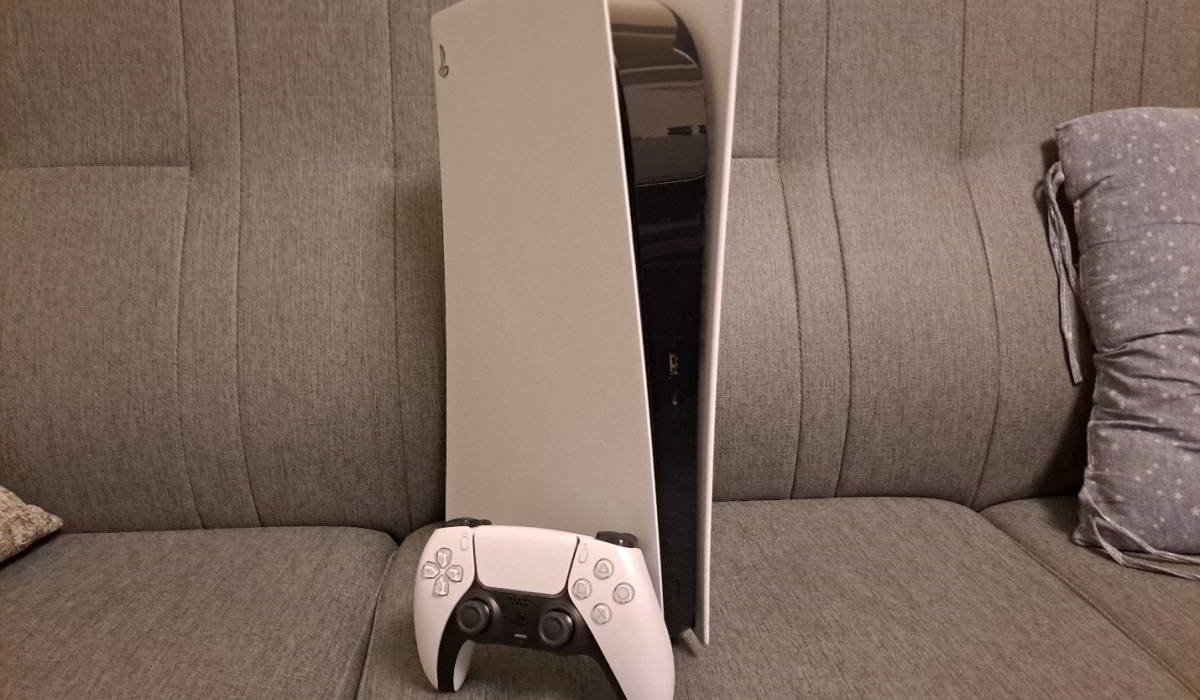
So, a week has gone by since we got our Xbox Series X and took a look at the resolutions offered by Microsoft’s newest flagship gaming console. And now we have our PS5 (and the rare digital edition no less!), so let’s quickly review what the new machine from Sony has to say. With both consoles out in the world alongside fresh batches of graphics cards from AMD and NVIDIA, the new generation is most assuredly upon us to the great joy of gamers everywhere.
By default the PS5 has everything set to automatic, including resolution. But you can change that manually. If you choose to do so, you get to pick from the above options, which interestingly enough include 1080i, presumably for TV content support. Been a while since we even thought of interlaced resolutions. Of course there’s 4K, but we don’t see 8K, which means the console can’t supersample/downsample 4K to 8K and vice versa at this point (we’re using 4K displays). There’s also no 1440p support, unlike with the Xbox Series X.
We agree with Sony that you should leave everything else set to automatic. The console had no problem detecting our 4K displays (one TV with HDMI 2.1, one monitor with HDMI 2.0), so it’s a safe bet that having resolution on automatic is fine, as well.
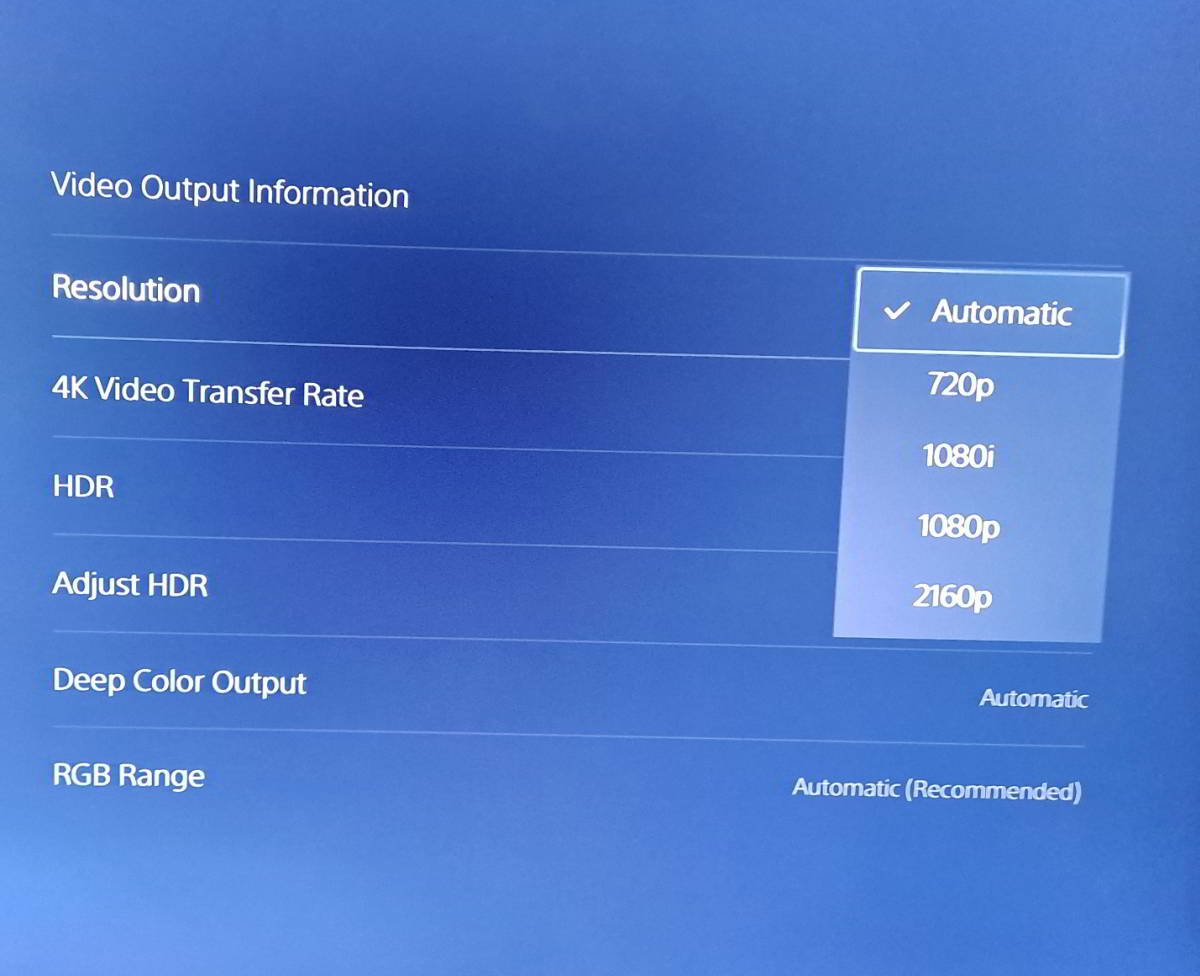
The PS5 ships with a 48Gbps HDMI 2.1 cable. Indeed, when plugged to an HDMI 2.1 port we can see that 120Hz shows up as a supported frame rate. Unlike Xbox Series X, there doesn’t seem to be any way to manually select a frame rate. If we missed something, let us know. The PS5 presumably negotiates frame rates with each game and app, and the UI appears to run in 60Hz 4K, unlike the 60Hz 1080p of the Xbox Series X as of late November 2020. With HDMI 2.1, 4K 120Hz is clearly a firm part of the PS5 resolution/refresh rate constellation, so support won’t be an issue.
We’re slightly confused regarding bit color depth and HDR in this HDMI 2.1 scenario. The UI seemingly operates in RGB HDR, which would mean no subsampling and 10-bit color. That’s good, as we’re on 10-bit color panels. But then in the detailed refresh rate info down below on the screen shown, we see YUV422 in parentheses. Not sure if that means the PS5 supports YUV422 or always outputs YUV422 in games and apps. This isn’t a big deal, just something we’ll look into for future clarity.
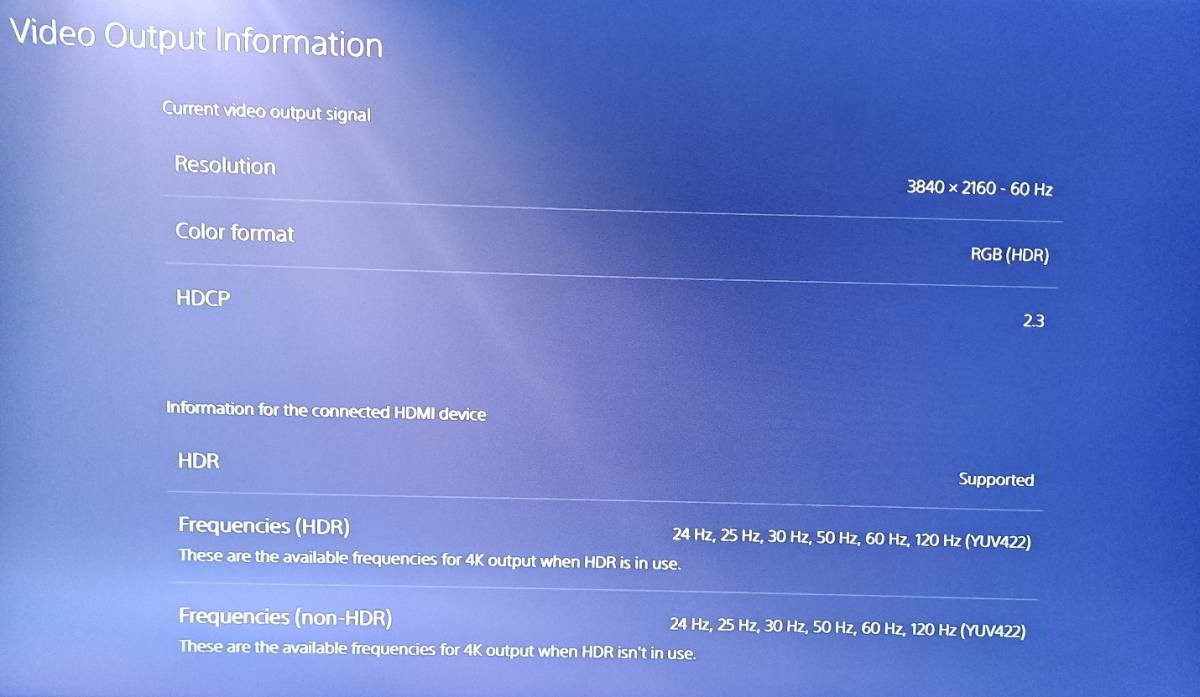
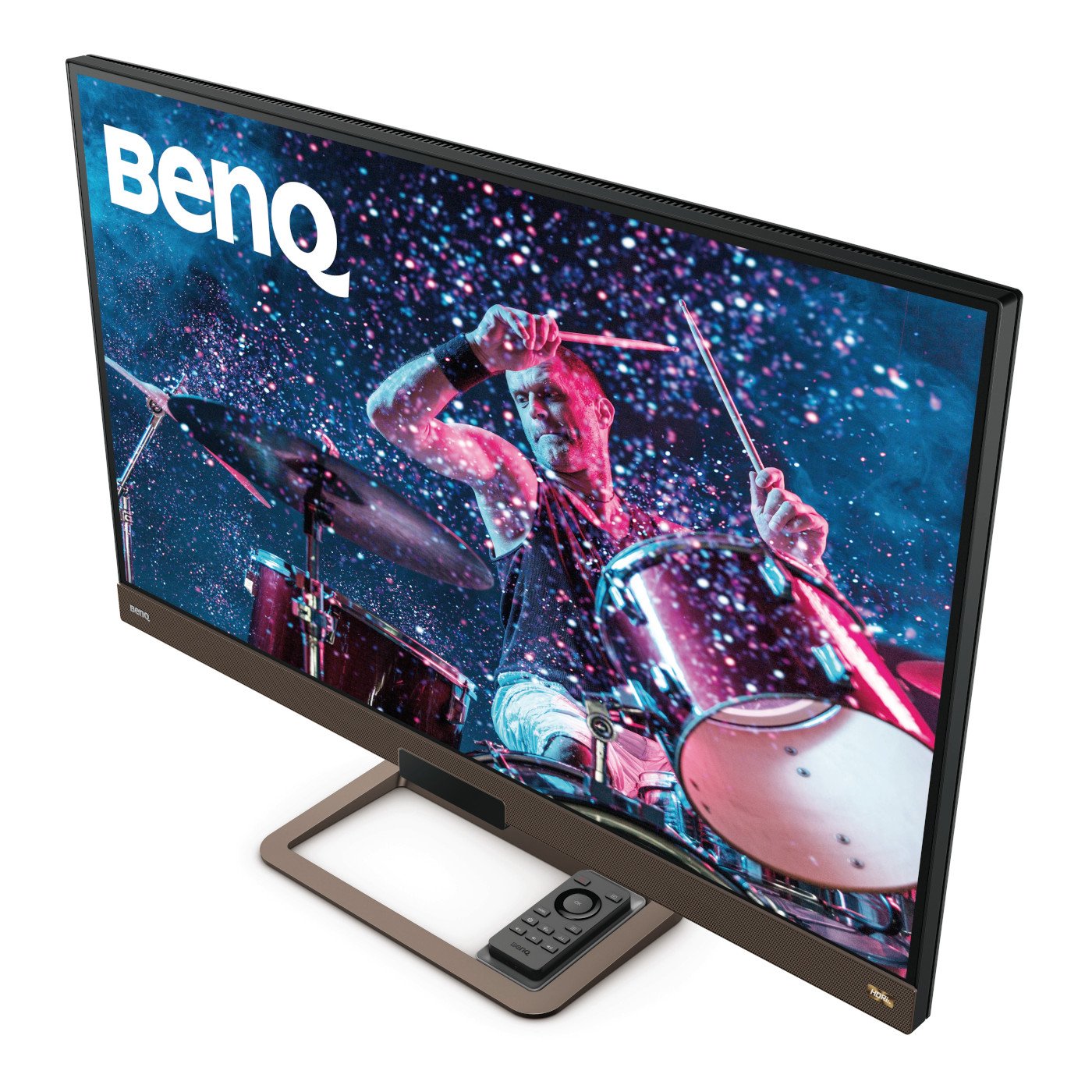
We now turn to a 4K HDR monitor equipped with HDMI 2.0. We connected the PS5 using the same bundled HDMI 2.1 cable. Here the situation is clearer. Due to HDMI bandwidth limitations, the PS5 switches even the UI to YUV422 HDR instead of RGB HDR. The 4K 120Hz setting is gone, replaced by a max 4K 60Hz. It seems that HDR content renders in either YUV422 or even YUV420 to save bandwidth, while non-HDR content is YUV422 exclusively. Again, not a big deal, as most games are just fine in 4:2:2, and streaming apps usually go for 4:2:0 to reduce bandwidth consumption for obvious reasons.
By comparison, the Xbox Series X appears fine to run everything at 10-bit color depth with no subsampling, although checking the 4:2:2 support box is advised to avoid artifacts and enable compression. The PS5 doesn’t seem to offer such an option, but does provide a lot more information on what’s happening with the image.
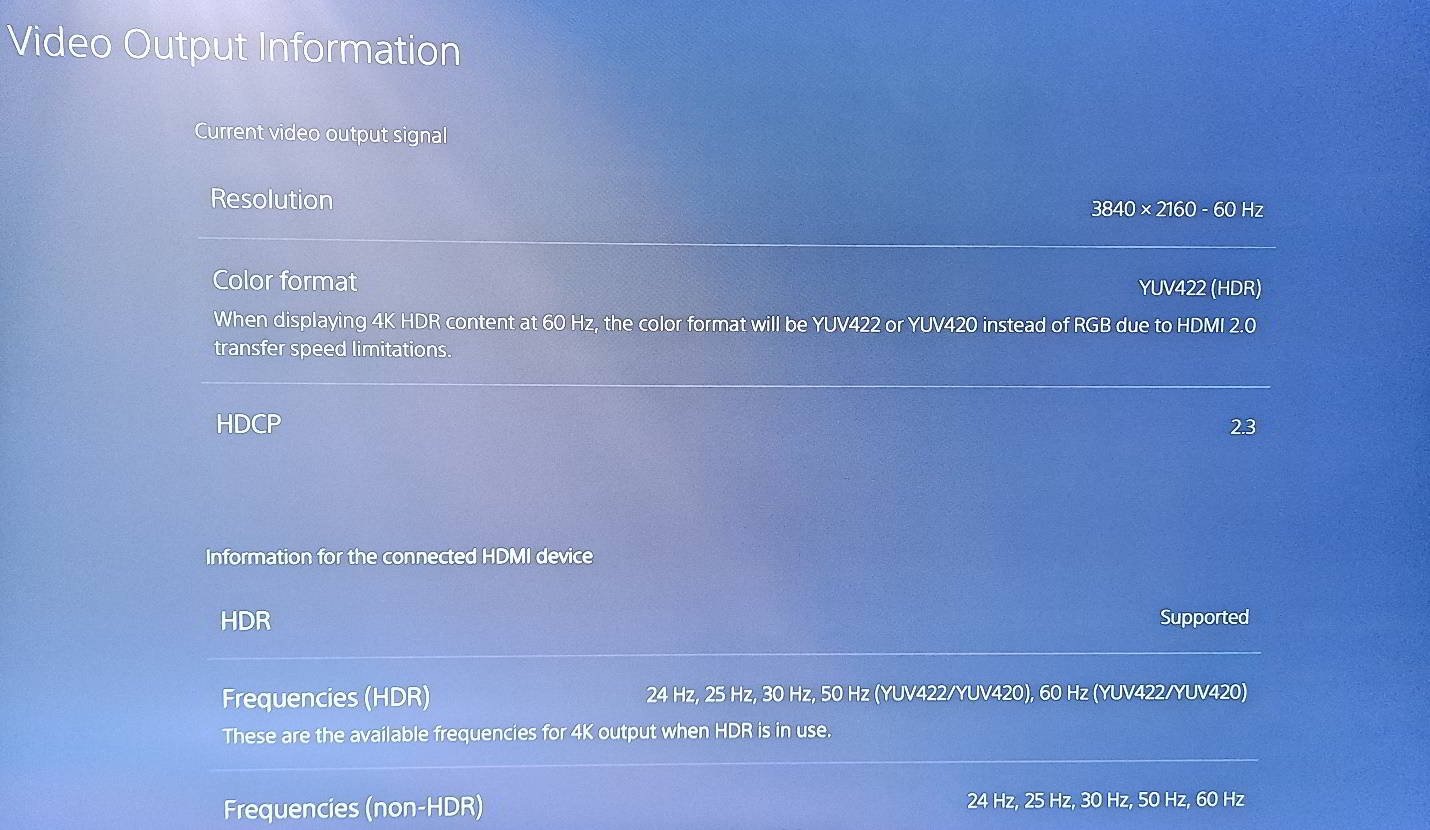
The biggest missing piece is obviously 2560 x 1440 support. Ultrawide resolutions would also be great, but PS5 and its good friend Xbox Series X are not super likely to add 21:9 and similar configurations. However, we’re glad to see that HDMI 2.1 works as advertised, with 120Hz officially supported. For the sake of transparency, we didn’t try any 120Hz titles on PS5, but Demon’s Souls in native, non-modded 1440p 60Hz is something we’ve waited nearly 12 years for, so there’s that. Before you get excited, that’s internal 1440p, not selectable 1440p. We’ll leave the latter part of that equation for Sony to implement in future firmware updates.
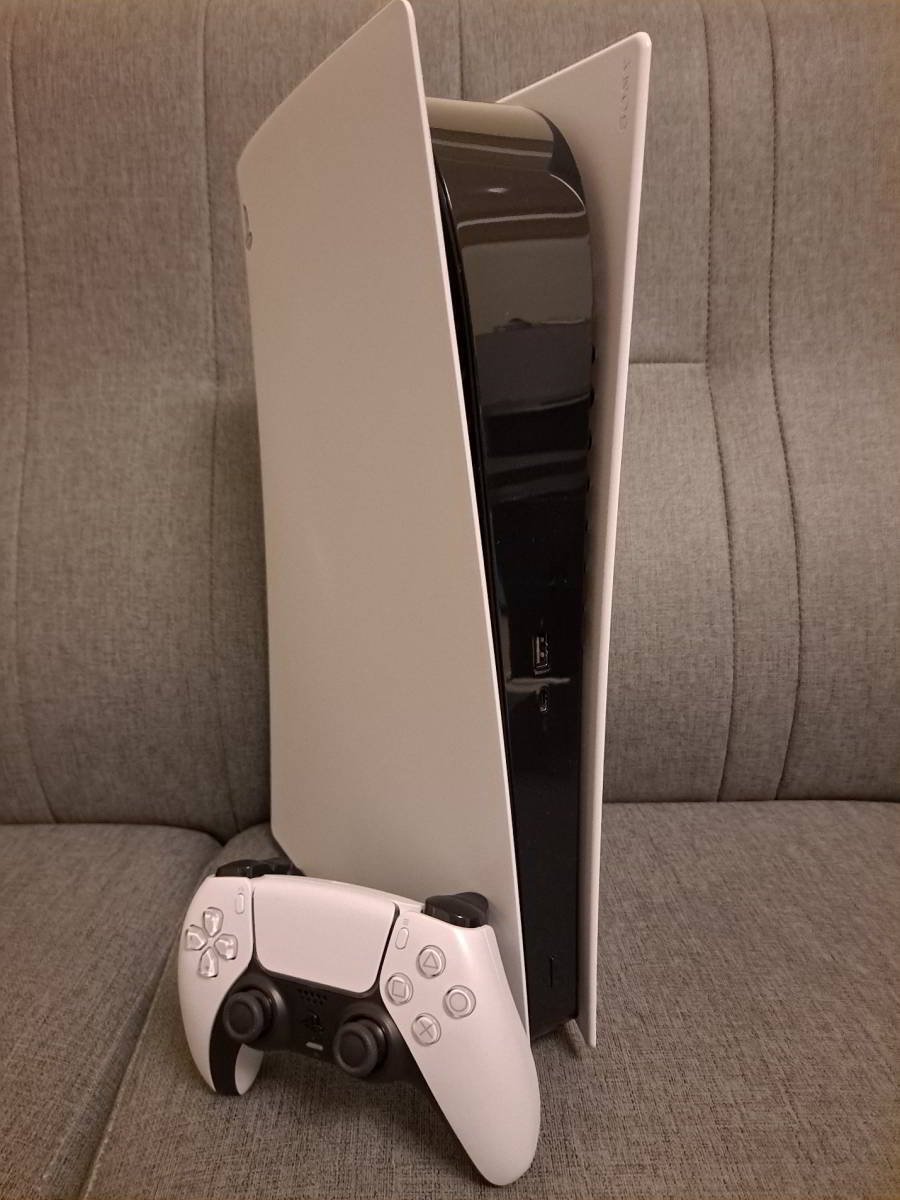
Based on feedback from competitive gamers and esports pros while leveraging BenQ’s legacy of high performance gaming monitors, we’ve created MOBIUZ. What is MOBIUZ? It’s defying conventional thinking and creating a new generation of gaming monitors that make every pixel count better.
Current MOBIUZ gaming monitors include the EX2710 and EX2510, or 27” and 25” respectively, as you probably guessed. We’re talking 144Hz with 1ms MPRT and FreeSync Premium for super responsive gameplay and sharp visuals on IPS panels that let colors come to life from wide viewing angles. Get close to the action and see every detail, helped along by real HDR. For gaming audio, MOBIUZ delivers the power of treVolo sound, with dual 2.5W speakers.
MOBIUZ monitors meet the demands of gamers that want fast and accurate response with a high degree of visual fidelity. Check out the MOBIUZ lineup.